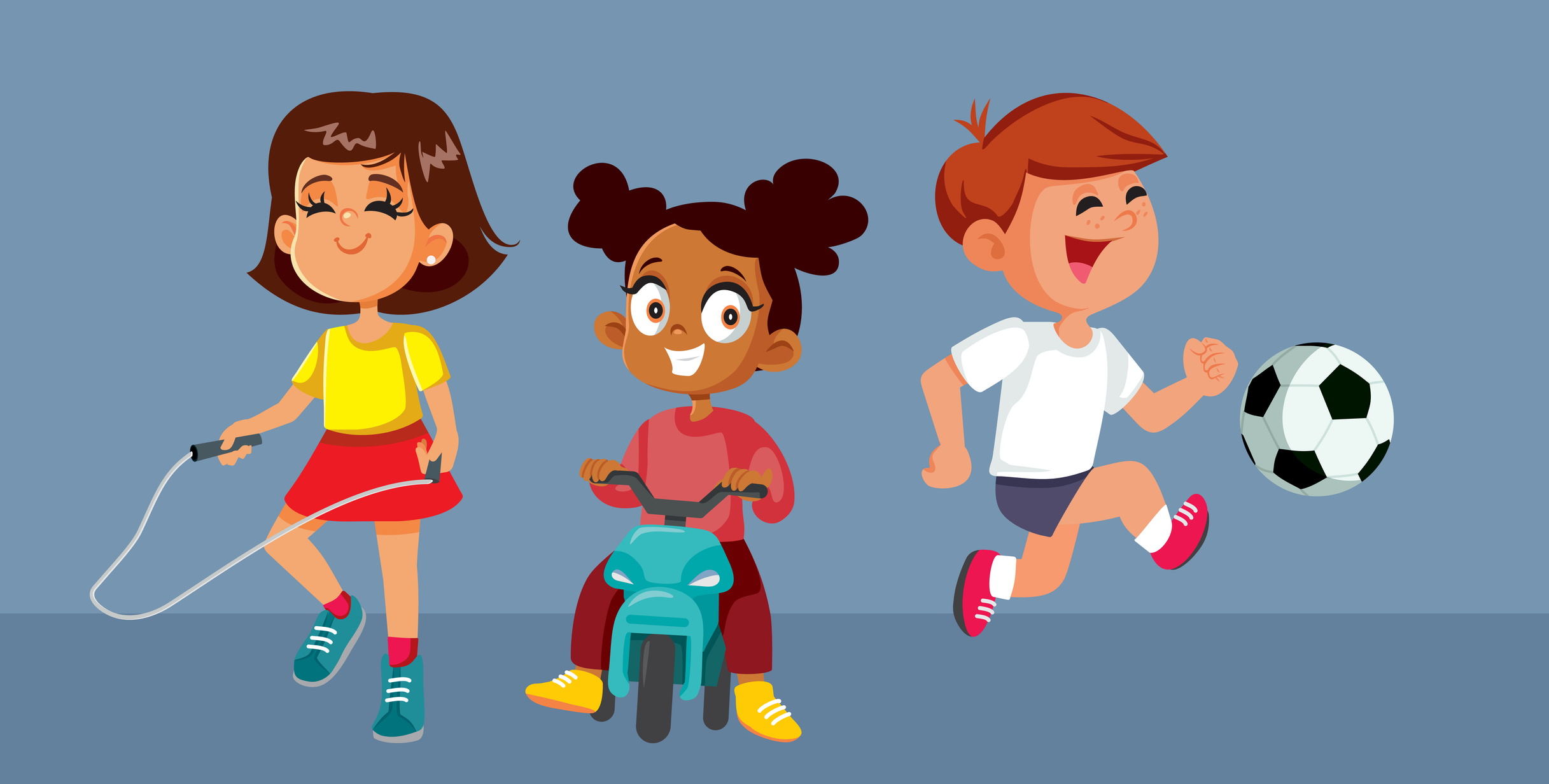
What Is Play?
Play is what children naturally do when given freedom, time, and space to do so.
Playing, throughout childhood, is not only an innate behaviour but also contributes to children’s quality of life, their well-being and their physical, social, emotional and cognitive development.
The key elements of play are:
- Fun
- Uncertain
- Challenging
- Flexible
- Non-productive
Play & The World Around Us
Play is the universal language of childhood. It is through play that children understand each other and make sense of the world around them.
Imaginative play - occurs when a child role-plays, such as playing school with their toys, or dressing up as super hero's and saving the world. Children may engage in imaginative play alone or with others.
Imaginative Play is important for brain development.
Imaginative play helps children to develop their:
- Critical Learning Skills
- How to follow simple rules
- Increase their social skills
- Learn how to manage their emotions
- Encourages creativity, confidence, and problem-solving skills
Play & Emotional Wellbeing
Play is the way children explore and express themselves and workout the emotional aspects of their everyday lives.
Emotional play occurs when a child is expressing themselves through play when they are able to understand and experience positive feeling whilst emotionally immersed in what they are doing.
Emotional Play helps children to develop their:
- Emotional Resilience
- Self-esteem
- Confidence
- Reduced anxiety
- Self-worth
- Exploring feelings
- Self-expression
Play & Physical Movement
Playing outside allows children to develop the balance, coordination, and agility.
Physical play - occurs when a child is moving from big movements like running and jumping to small movements like picking up a pencil or tying a knot. Physical play is important for the development of the brain and body, it also helps to strengthen bones and muscles.
The benefits of physical play are:
- Learning how to move our bodies in different ways
- Learning how to balance
- Staying active and healthy in later life
- Leaning social skills such as taking turns
- Working in pairs
- Following rules